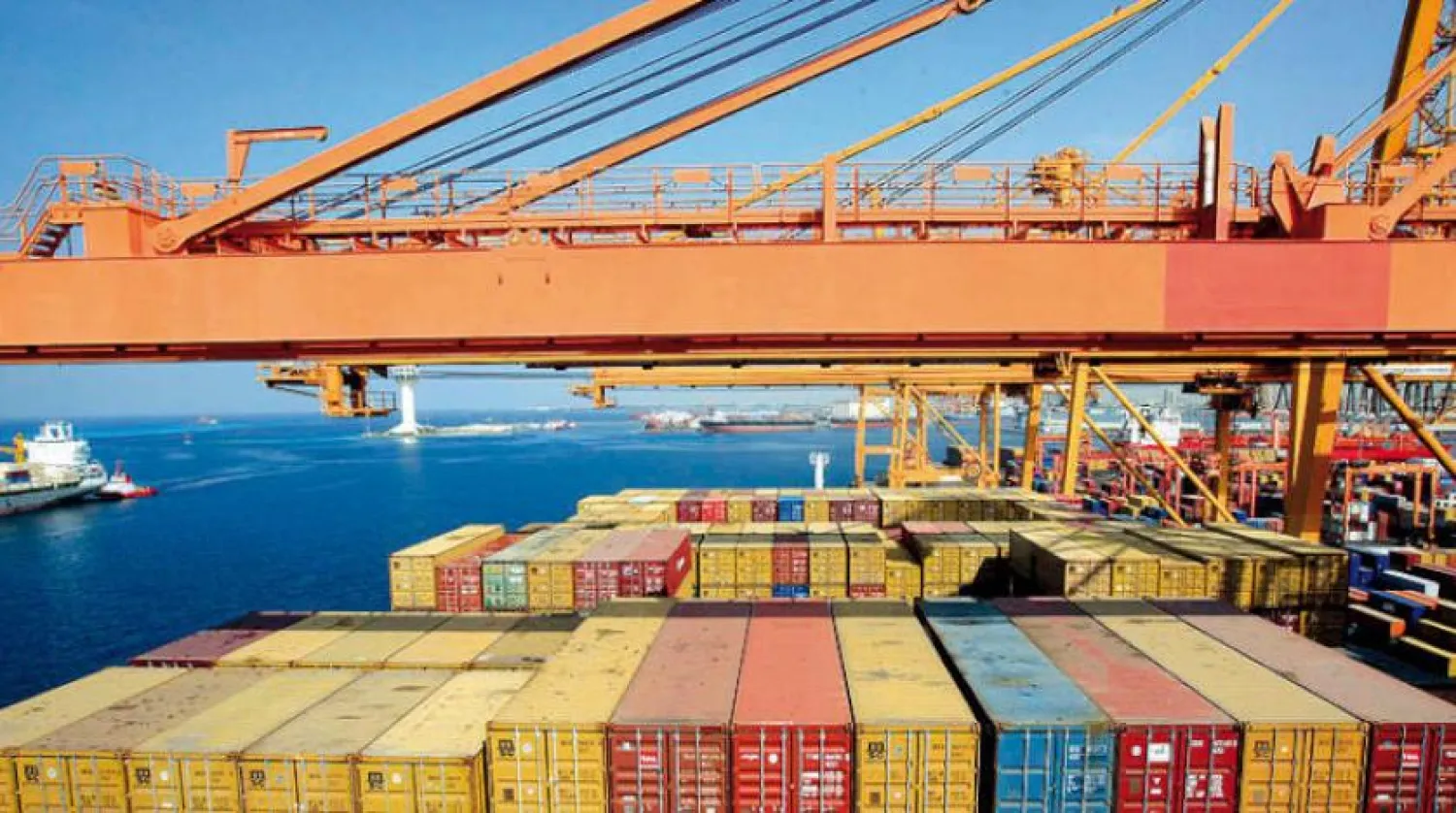The total number of transshipment containers in Saudi ports have increased by more than 19 percent in the first half of 2018.
This new indicator confirms the performance, productivity and logistical and operational capacities of Saudi ports.
In this regard, Saudi Ports Authority, Mawani, reported that the total number of transshipment containers in the Saudi ports during the first half of this year has amounted to 1.03 million, an increase of 19.35% compared to 867,000 containers during the same period last year.
The increase comes within Mawani's efforts to enhance the Saudi port services, productivity and operational and logistic capabilities to achieve the Kingdom’s Vision 2030.
Transshipment is the process of transferring containers from one vessel to another through the port to transport it to its final destination, which is more like a transit.
It is a value-added service that world major ports seek to add by attracting regular international shipping routes.
These developments come as a statistical report issued by Mawani has revealed that more than six million transshipment and standard containers were delivered during 2017, a high figure reflecting the vitality of the Saudi economy.
According to the same statistical report, the number of standard containers delivered during 2017 amounted to 4.47 million standard containers while the number of transshipment containers reached 1.93 million.
The report pointed out that the Saudi ports have witnessed a noticeable increase in performance and productivity indicators during 2017 compared to 2016.
This improvement is attributed to the efforts exerted by the ports and related parties that aim to strengthen the national economy and enhance the Kingdom's commercial position to achieve the Kingdom’s Vision 2030 by strengthening Saudi Arabia’s status as a global logistics center.









